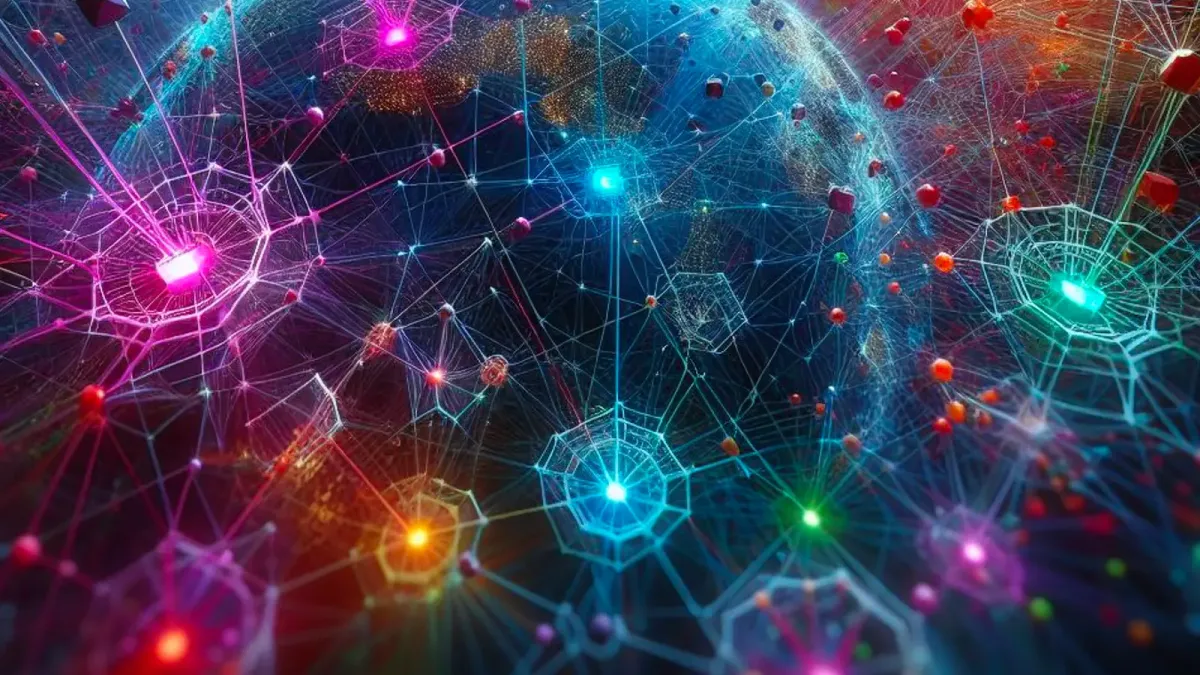
A new study by the Interactive Advertising Bureau (IAB) found that Gen Z values the ad-supported internet nearly twice as much as Boomers. The study, titled The Free and Open Ad-Supported Internet: Consumers, Content, and Assessing the Data Value Exchange, surveyed over 2,000 adults in the United States about their views on advertising and privacy.
The study found that 80% of consumers believe that websites and apps are free because of advertising, and 70% agree that it's fair to receive ads in exchange for free services. Nearly 80% of consumers would also prefer to get more ads in return for not having to pay for websites and apps.
However, the study also found that nearly half of consumers (49%) think that websites and apps don't give enough information about how their data is used. "The ad industry must reinforce to consumers that sharing their data is both safe and beneficial to them," said David Cohen, CEO of the IAB.
Overall, the study found that consumers value the ad-supported internet at $38,000 a year. Boomers value the internet at $29,000/year, while Gen Z values it at $54,000/year.
"As an industry, we need to speak together with one voice," continued Cohen. "We need to make it clear that consumers - especially Gen Z - understand the value of the ad-supported internet and wouldn't want to live without it."
The study also found that Gen Z is more likely to click on ads that are personalized to their interests. Nearly 90% of Gen Z prefers personalized ads, and 87% are more likely to click on ads for products they're interested in or shopping for.
"Contrary to what some believe, this research unequivocally shows that consumers are aware of the value exchange between their data and personalized content and ad experiences," said Cohen. "The ad-supported internet is good for consumers, it's good for society, and it democratizes access to information and entertainment."

